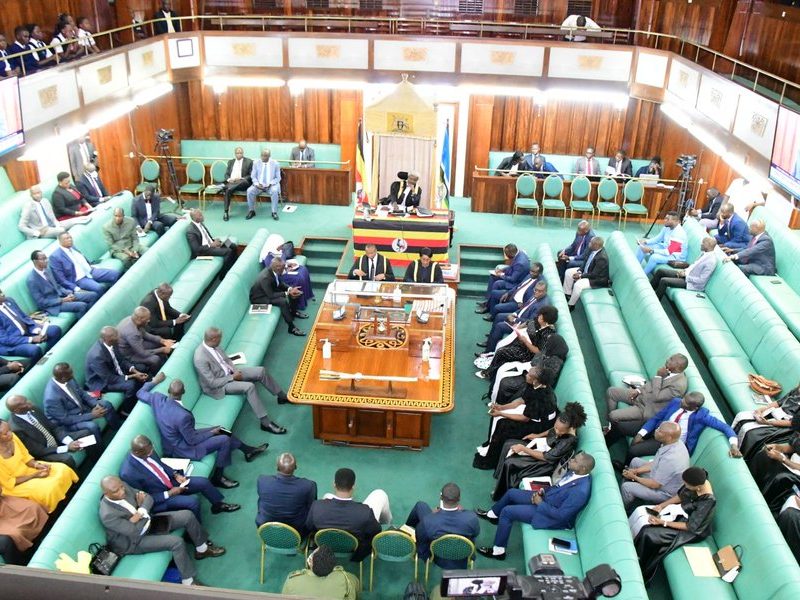
- Lawmakers in Uganda raise concerns over the impact of tax exemptions and deferrals granted to private enterprises, amounting to at least Sh2.8 trillion in potential tax income.
- Parliament calls for a comprehensive review of the tax exemption policy, urging the Ministry of Finance to provide a list of recipients for scrutiny.
- Calls for establishing clear criteria for granting tax waivers, exemptions, and deferrals in alignment with Uganda's National Development Plan III and addressing concerns over unlimited powers of the Ministry of Finance in decision-making.
Lawmakers in Uganda complained this week that the government's capacity to pay the national budget has been undermined by the exemptions and deferrals granted to private enterprises and organizations this fiscal year, which cost at least Sh2.8 trillion in potential tax income.
Tax exemptions should often be utilized to encourage investment. The argument in Parliament, though, is that this incentive is being exploited and needs to be investigated. Therefore, State Minister of Finance Henry Musasizi was instructed by House Speaker Anita Among to present a comprehensive list of those who have received tax exemptions for parliamentary review.
In light of the government's financial crisis, several MPs also questioned the exemption policy, which provides the Ministry of Finance virtually unrestricted power in deciding how tax exemptions are issued.
The government should establish clear criteria for choosing those who will receive tax waivers, exemptions, and deferrals, according to a proposal made by the parliament.
According to MPs, the regulations have to be in conformity with the investment principles outlined in Uganda's National Development Plan III. The administration just recently performed a tax-expenditure assessment in December 2020, MPs further noted in the budget report.
According to a report from the Parliament, around 1, 810 entities received tax exemptions, including 33 religious institutions, 188 charity organizations, and 1,289 savings credit and cooperative societies (Saccos).
Saccos were free from paying taxes for the ensuing ten years as on July 1, 2017, and there are already requests to extend the exemption.
2019 brought about the recommendation from the Southern and Eastern Africa Trade Information and Negotiations Institute (SEATINI Uganda) that the productivity of Saccos should be the determining factor in tax exemption. SEATINI Uganda contends that saccos with turnovers over the assumed top limit of Shs150 million shouldn't be exempt.
The International Monetary Fund (IMF) asked Uganda's Finance ministry to identify areas for repealing tax exemptions, outline the intended yields, and establish a clear timeline for implementation in its evaluation report published in January. Reducing tax exemptions, according to the IMF, will broaden the tax base and help Uganda's debt-to-GDP ratio keep falling over the medium term.
Read Full Story




















Facebook
Twitter
Pinterest
Instagram
Google+
YouTube
LinkedIn
RSS